Planting swiss Chard
sue_ct
10 years ago
Related Stories
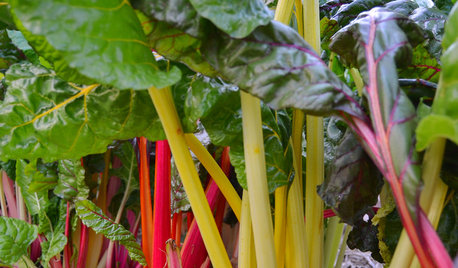
GARDENING GUIDESCool-Season Vegetables: How to Grow Chard
A year-round garden favorite with a colorful stem, Swiss chard comes into its own in early spring and in fall
Full Story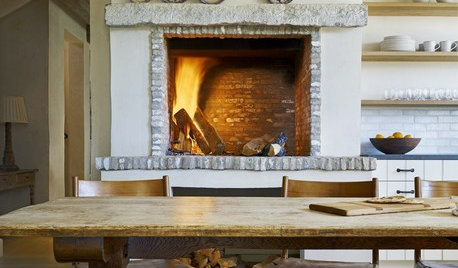
LIFEYou Said It: ‘Pretend You’re in a Swiss Chalet’ and More Houzz Wisdom
Design advice, inspiration and observations that struck a chord on Houzz this week
Full Story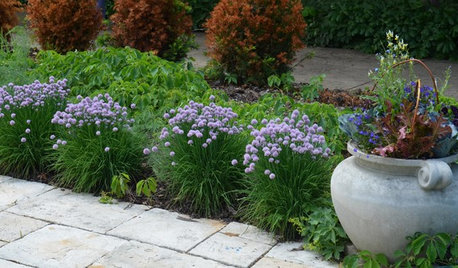
GARDENING GUIDESEdible Plants That Double as Ornamentals
Try growing these tasty plants with your ornamentals for an attractive garden and fresher meals
Full Story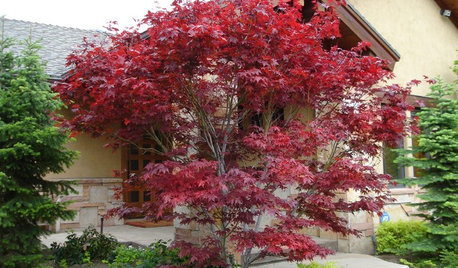
GARDENING GUIDES8 Plants Bursting With Beautiful Fall Foliage
Luscious berries, rich crimson leaves and stellar stalks show that nary a flower is needed for enthralling autumn gardens
Full Story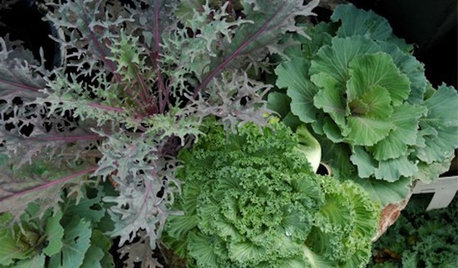
WINTER GARDENINGGreat Design Plant: Ornamental Cabbage and Kale
Yes, you can actually eat them. Or you can just marvel at their striking, unusual foliage during all four seasons in the garden
Full Story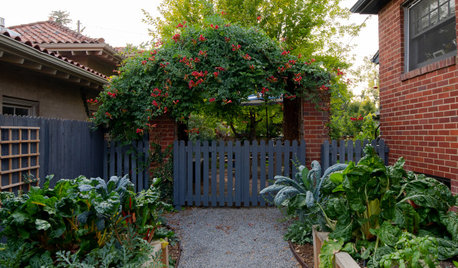
GARDENING GUIDES12 Edibles Perfect to Plant in Late Summer
Keep those homegrown vegetables and greens coming well into fall
Full Story
EDIBLE GARDENSGarden BFFs? Why Your Vegetables Are Begging for Companion Plants
Foster friendships among plants for protection from pests, pollination support and color camaraderie
Full Story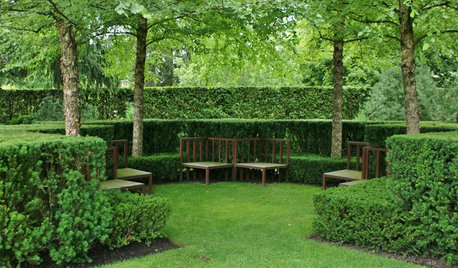
GARDENING GUIDESGrow Your Own Privacy: How to Screen With Plants and Trees
Use living walls to lower your home and garden's exposure while boosting natural beauty in your landscape
Full Story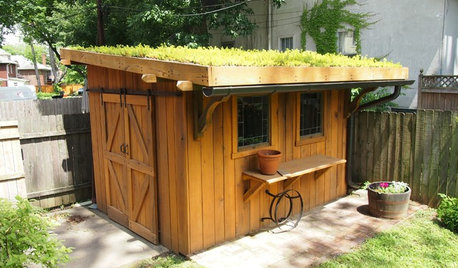
OUTBUILDINGSA Kentucky Garden Shed With a Planted Roof
Sedums help prevent runoff and add a green touch to this charming backyard building
Full Story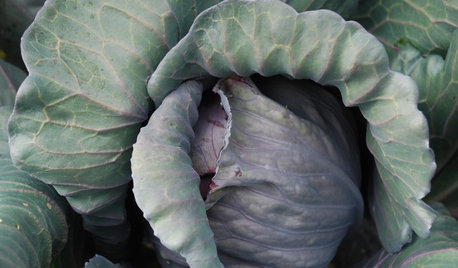
REGIONAL GARDEN GUIDESWelcome the Turning Season: Advice for Your September Garden
Roll with the cooler weather by planting away. Our gardening guides tell you what plant picks are best for each U.S. region
Full StoryMore Discussions






kathyb912_in (5a/5b, Central IN)
CaraRose
Related Professionals
Benbrook Landscape Architects & Landscape Designers · East Rancho Dominguez Landscape Architects & Landscape Designers · Marco Island Landscape Architects & Landscape Designers · Wixom Landscape Architects & Landscape Designers · Paradise Landscape Architects & Landscape Designers · Berwyn Landscape Contractors · Dudley Landscape Contractors · Dunwoody Landscape Contractors · Gloucester Landscape Contractors · Kaneohe Landscape Contractors · Maywood Landscape Contractors · Thornton Landscape Contractors · Daphne Driveway Installation & Maintenance · Glenview Driveway Installation & Maintenance · Morgan Hill Driveway Installation & Maintenancewoohooman San Diego CA zone 10a
Slimy_Okra
christripp
sue_ctOriginal Author
zeedman Zone 5 Wisconsin
sue_ctOriginal Author